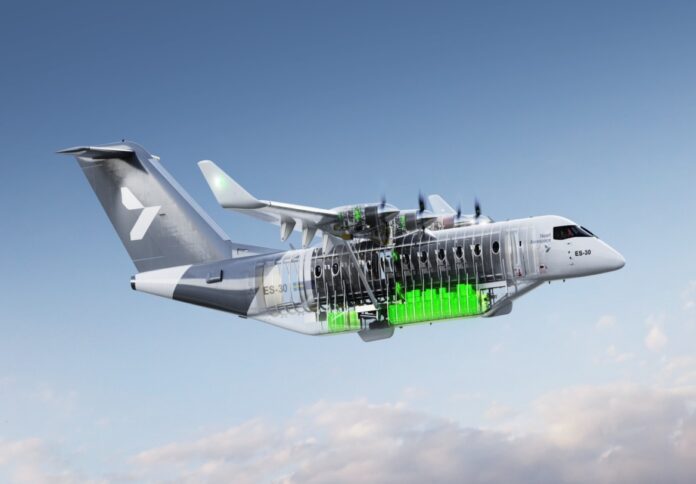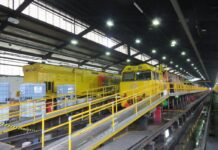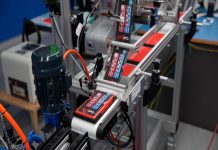
Aerospace and defence company BAE Systems is partnering with Swedish startup Heart Aerospace to develop the battery system for Heart’s ES-30 regional hybrid electric aircraft.
The battery will be the first-of-its-kind to be installed into an electric conventional takeoff and landing (eCTOL) regional aircraft, allowing it to efficiently operate with zero emissions and low noise, BAE announced in a news release.
In particular, four electric motors will power the ES-30 aircraft, which can go 200 kilometres on electricity alone, 400 kilometres on an extended reserve hybrid with 30 passengers, and 800 kilometres with 25 passengers.
As upcoming battery technology develops, the ES-30 will also offer an affordable and scalable upgrade path.
The battery upgrade roadmap enables more useful energy to be produced at the same weight, extending flight times and providing more route alternatives.
Ehtisham Siddiqui, vice president and general manager of Controls and Avionics Solutions at BAE Systems, expressed his excitement to collaborate with Heart Aerospace on the innovative battery system.
“Our industry-leading solution builds on decades of expertise delivering technologies and systems needed to progress sustainable transportation,” Siddiqui stated.
Meanwhile, Sofia Graflund, chief operating officer at Heart Aerospace, expressed ger excitement in jointly decarbonising aviation travel with BAE.
“BAE Systems’ extensive experience in developing batteries for heavy-duty ground applications, and their experience in developing safety critical control systems for aerospace, make them an ideal partner in this important next step for the ES-30 and for the aviation industry,” Graflund remarked.
To date, Heart Aerospace said it has a total of 230 orders and 100 options for the ES-30, along with a letter of intent for an additional 108 aeroplanes.
The initiative will make use of BAE Systems’ more than 25 years of experience with electrifying large, heavy-duty industrial vehicles.
Today, the company said it has approximately 15,000 power and propulsion systems in operation throughout the world.
The program will be developed in BAE’s cutting-edge laboratory in Endicott, New York.




















